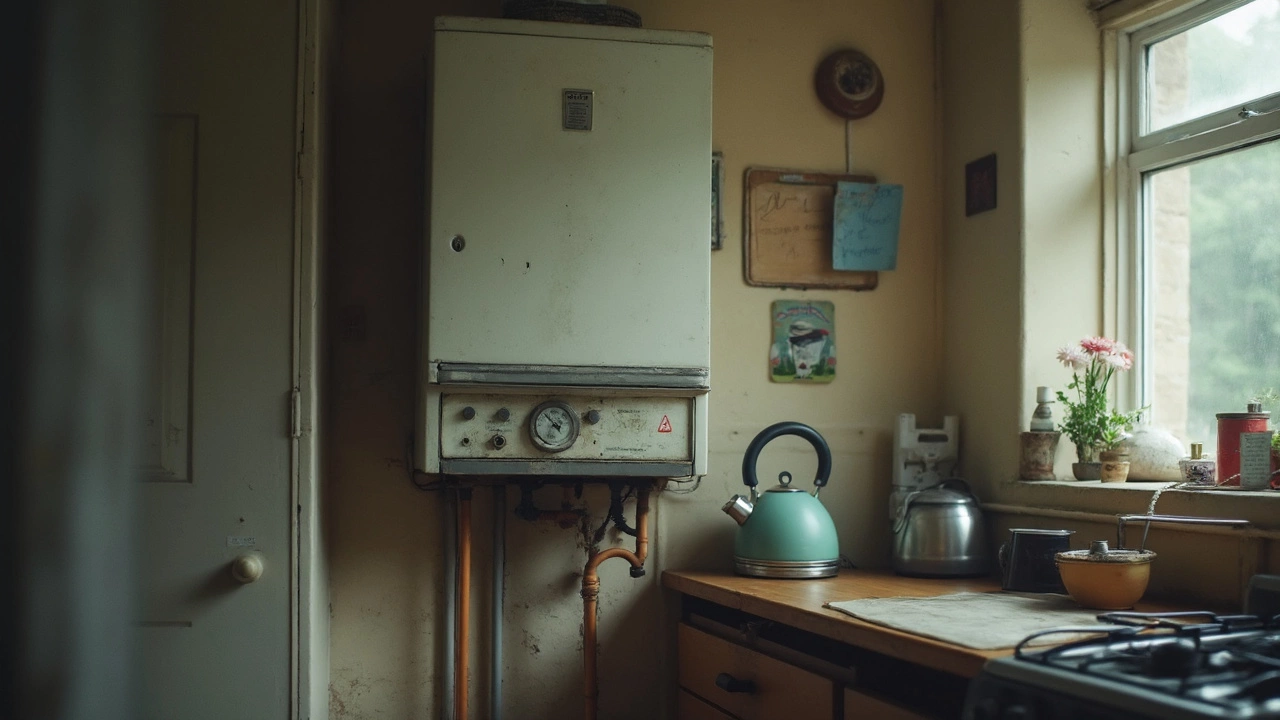Boiler Safety Tips for a Warm, Worry‑Free Home
When winter hits, you rely on your boiler to keep the house cosy. But a boiler that’s not safe can cause big problems – from costly repairs to dangerous gas leaks. Below are practical steps you can take to keep your boiler running safely.
Regular Service Saves Money and Lives
The single most important thing is a yearly service by a Gas Safe registered engineer. During a service they check the burner, pressure, flue and safety valves. A well‑maintained boiler uses less fuel, so your bills stay lower, and it’s far less likely to fail when you need it most.
Don’t try to DIY the service unless you’re certified. Even a small mistake can create a carbon‑monoxide risk. If you’re unsure whether your engineer is qualified, ask to see their Gas Safe ID card – it should be up‑to‑date.
Spot the Warning Signs Early
Pay attention to any odd noises, a sudden loss of pressure, or a yellow flame instead of blue. Those clues often mean the boiler needs attention right away. Also watch for damp patches on walls near the boiler; that could be a leak.
If the boiler blinks an error code, check the owner’s manual. Most manuals list what each code means and whether you can fix it yourself or need a professional.
Another quick check is the carbon‑monoxide detector. Install one on each floor and test it monthly. If it sounds, leave the house and call a Gas Safe engineer immediately.
Even if everything looks fine, keep the area around the boiler clear. No boxes, clothing or furniture should block the flue or ventilation. Good airflow helps the boiler work efficiently and prevents overheating.
Finally, know the emergency steps. Turn off the boiler at the mains if you smell gas or see a flame that won’t go out. Call the gas emergency line (0800 111 999 in the UK) and wait outside until help arrives. Don’t try to fix a gas leak yourself – it’s too risky.
By sticking to a yearly service, watching for warning signs, keeping the space clear, and having a carbon‑monoxide detector, you’ll enjoy a safe, reliable heating system all winter long.

